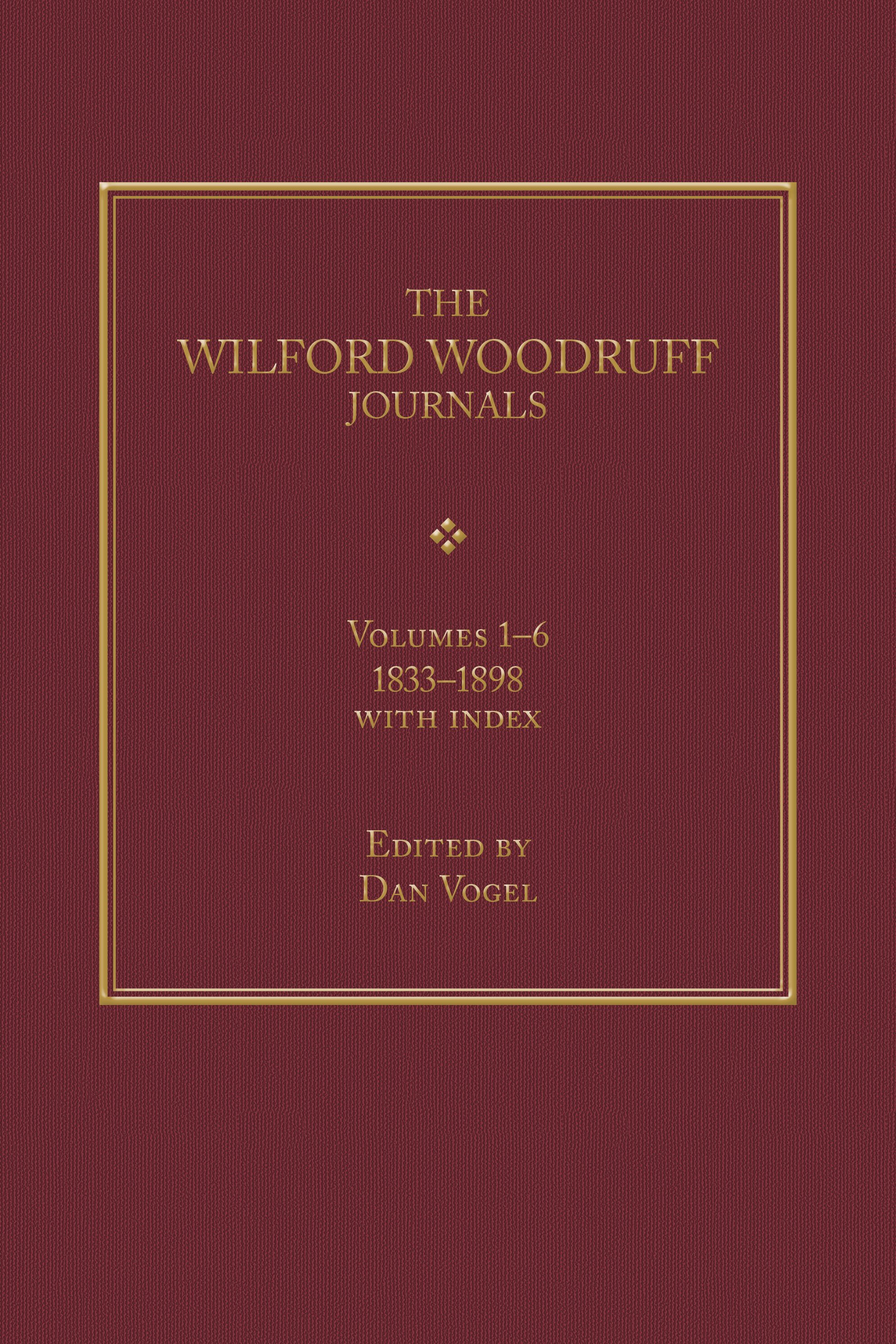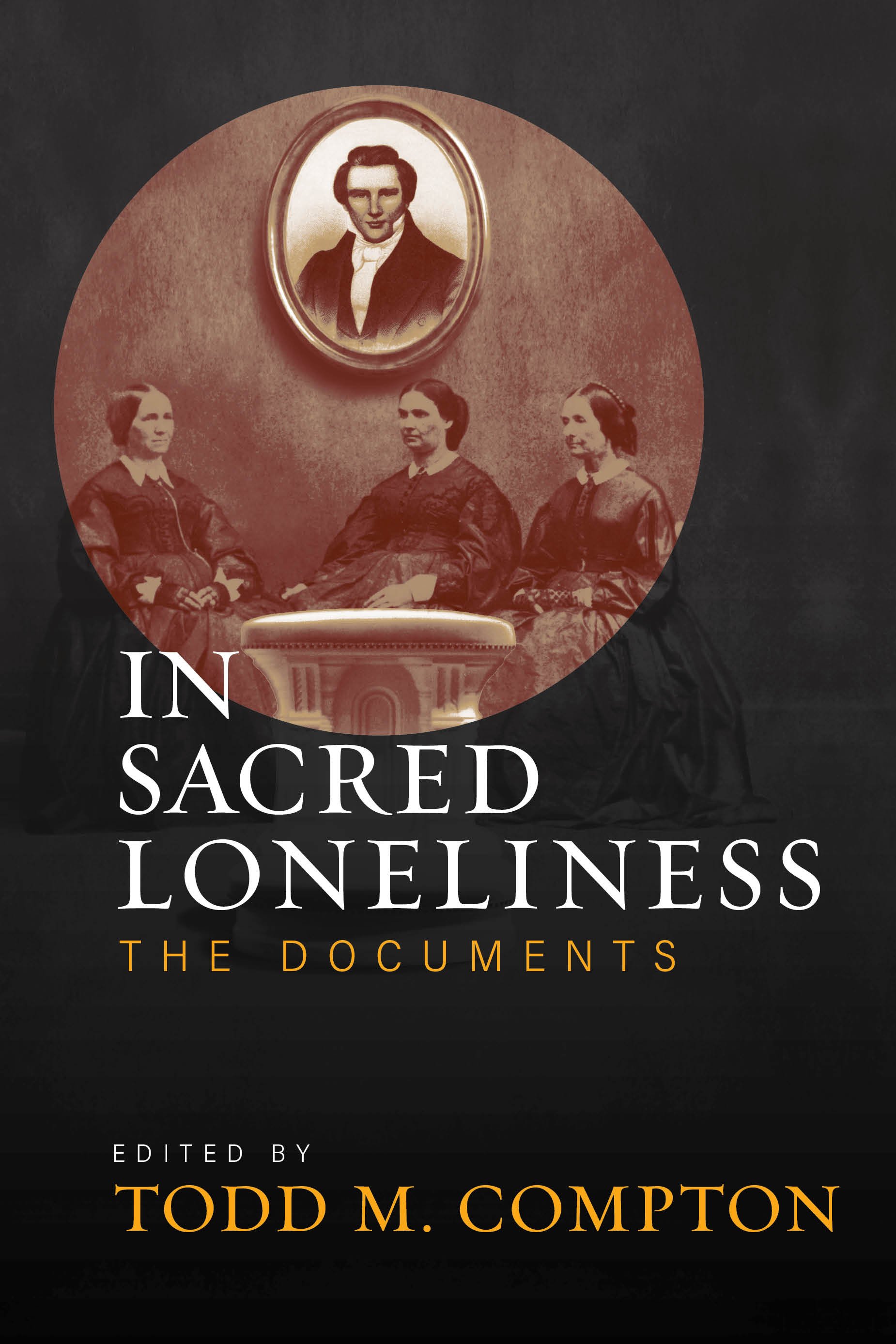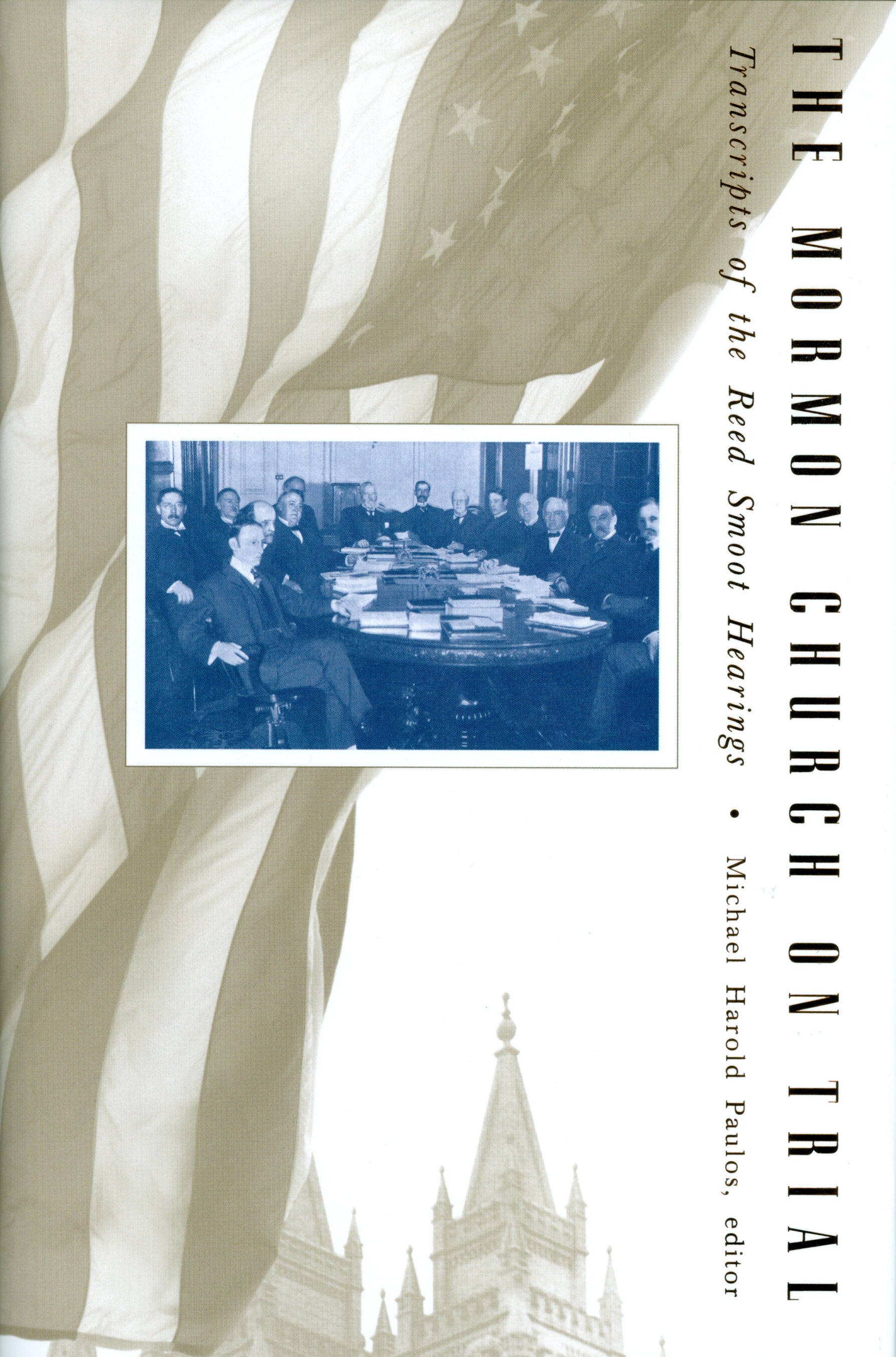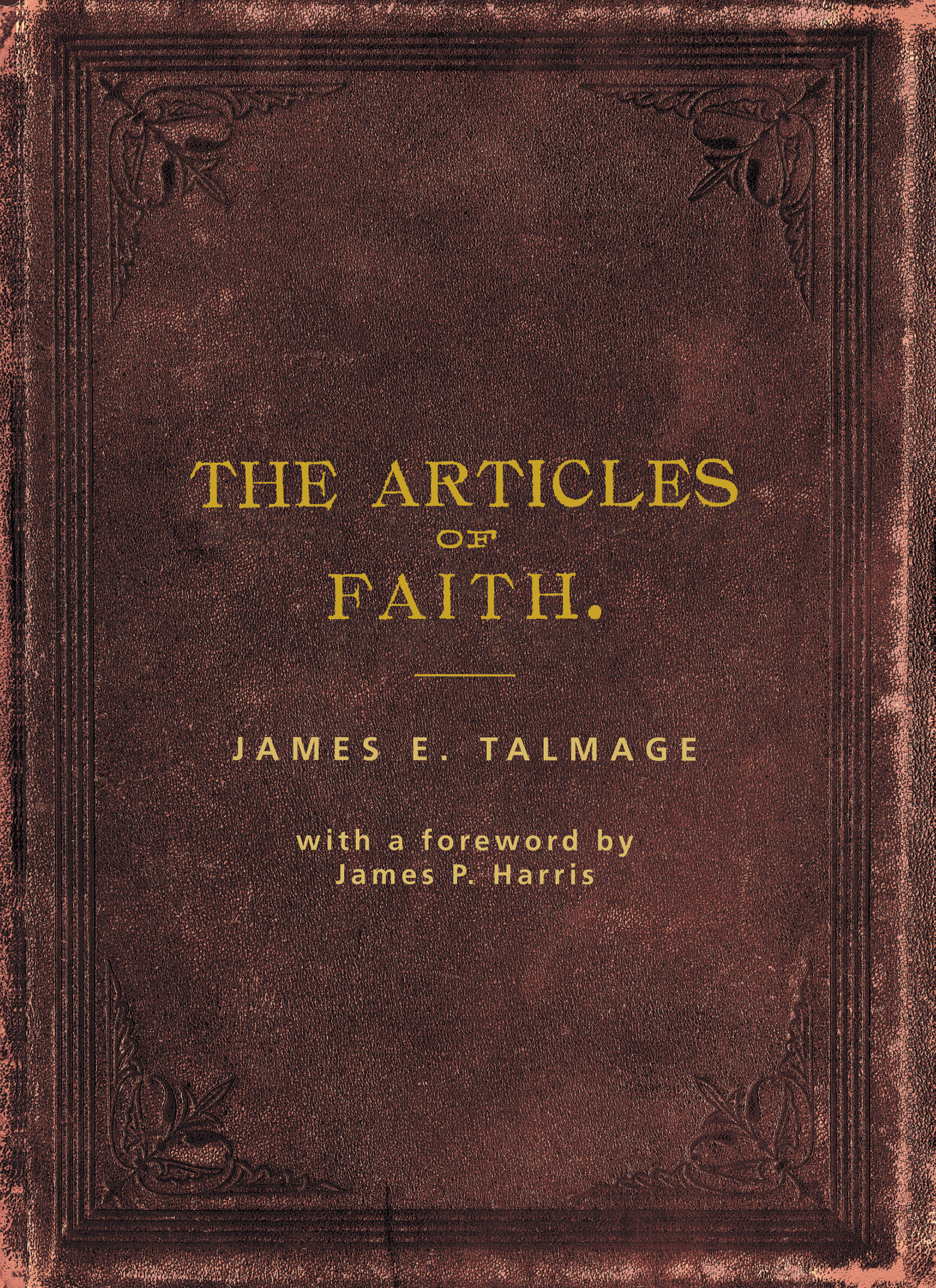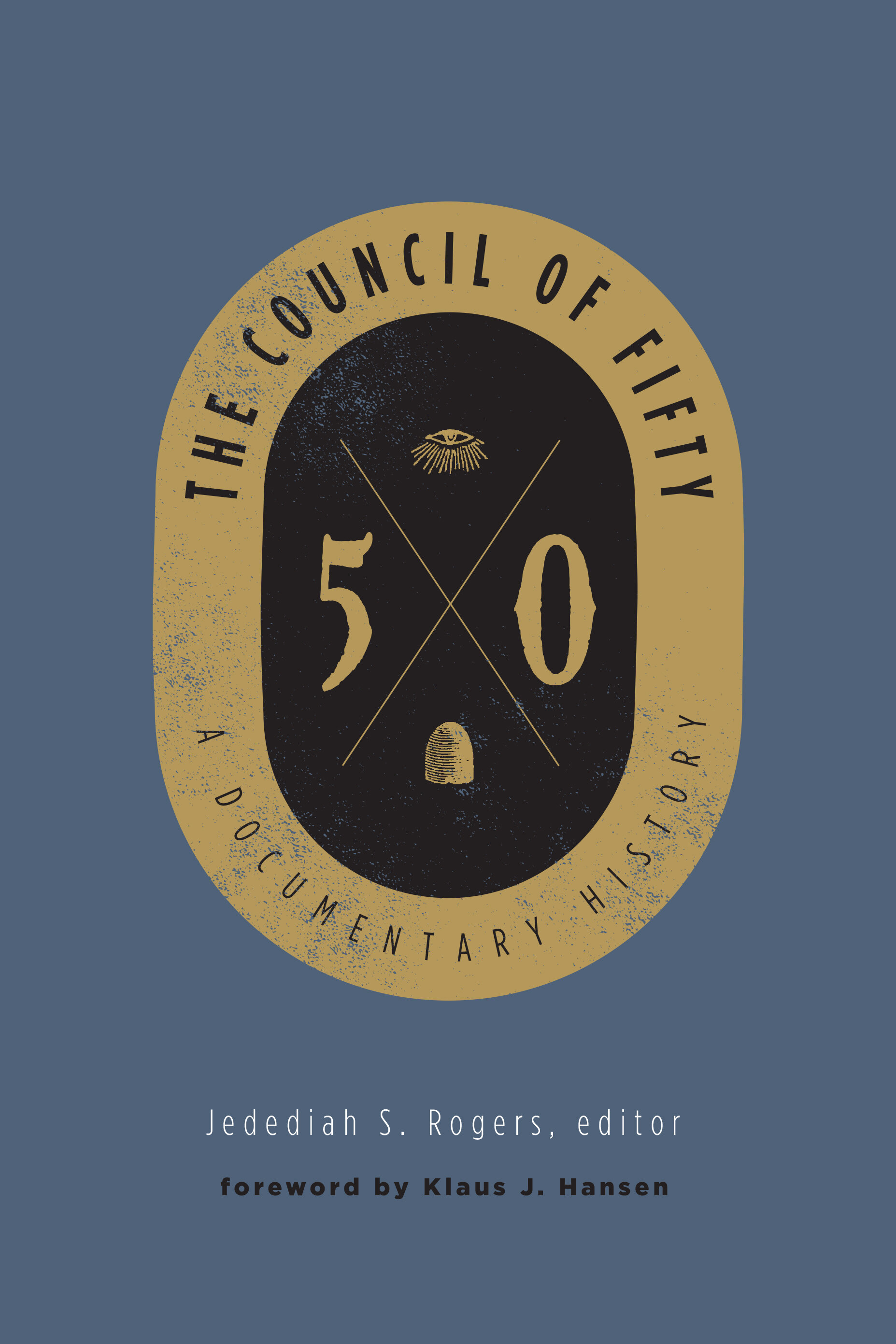Mormonism Unvailed
Mormonism Unvailed
Eber D. Howe, with critical comments by Dan Vogel
Any Latter-day Saint who has ever defended his or her beliefs has likely addressed issues first raised by Eber D. Howe in 1834. Howe’s famous exposé was the first of its kind, with information woven together from previous news articles and some thirty affidavits he and others collected. He lived and worked in Painesville, Ohio, where, in 1829, he had published about Joseph Smith’s discovery of a “golden bible.” Smith’s decision to relocate in nearby Kirtland sparked Howe’s attention. Of even more concern was that Howe’s wife and other family members had joined the Mormon faith. Howe immediately began investigating the new church and formed a coalition of like-minded reporters and detractors. By 1834, Howe had collected a large body of investigative material, including affidavits from Smith’s former neighbors in New York and from Smith’s father-in-law in Pennsylvania. Howe learned about Smith’s early interest in pirate gold and use of a seer stone in treasure seeking and heard theories from Smith’s friends, followers, and family members about the Book of Mormon’s origin. Indulging in literary criticism, Howe joked that Smith, “evidently a man of learning,” was a student of “barrenness of style and expression.” Despite its critical tone, Howe’s exposé is valued by historians for its primary source material and account of the growth of Mormonism in northeastern Ohio.
hardback: $29.00 | ebook: $9.99
Mormonism Unvailed
Eber D. Howe, with critical comments by Dan Vogel
Any Latter-day Saint who has ever defended his or her beliefs has likely addressed issues first raised by Eber D. Howe in 1834. Howe’s famous exposé was the first of its kind, with information woven together from previous news articles and some thirty affidavits he and others collected. He lived and worked in Painesville, Ohio, where, in 1829, he had published about Joseph Smith’s discovery of a “golden bible.” Smith’s decision to relocate in nearby Kirtland sparked Howe’s attention. Of even more concern was that Howe’s wife and other family members had joined the Mormon faith. Howe immediately began investigating the new church and formed a coalition of like-minded reporters and detractors. By 1834, Howe had collected a large body of investigative material, including affidavits from Smith’s former neighbors in New York and from Smith’s father-in-law in Pennsylvania. Howe learned about Smith’s early interest in pirate gold and use of a seer stone in treasure seeking and heard theories from Smith’s friends, followers, and family members about the Book of Mormon’s origin. Indulging in literary criticism, Howe joked that Smith, “evidently a man of learning,” was a student of “barrenness of style and expression.” Despite its critical tone, Howe’s exposé is valued by historians for its primary source material and account of the growth of Mormonism in northeastern Ohio.
hardback: $29.00 | ebook: $9.99
Mormonism Unvailed
Eber D. Howe, with critical comments by Dan Vogel
Any Latter-day Saint who has ever defended his or her beliefs has likely addressed issues first raised by Eber D. Howe in 1834. Howe’s famous exposé was the first of its kind, with information woven together from previous news articles and some thirty affidavits he and others collected. He lived and worked in Painesville, Ohio, where, in 1829, he had published about Joseph Smith’s discovery of a “golden bible.” Smith’s decision to relocate in nearby Kirtland sparked Howe’s attention. Of even more concern was that Howe’s wife and other family members had joined the Mormon faith. Howe immediately began investigating the new church and formed a coalition of like-minded reporters and detractors. By 1834, Howe had collected a large body of investigative material, including affidavits from Smith’s former neighbors in New York and from Smith’s father-in-law in Pennsylvania. Howe learned about Smith’s early interest in pirate gold and use of a seer stone in treasure seeking and heard theories from Smith’s friends, followers, and family members about the Book of Mormon’s origin. Indulging in literary criticism, Howe joked that Smith, “evidently a man of learning,” was a student of “barrenness of style and expression.” Despite its critical tone, Howe’s exposé is valued by historians for its primary source material and account of the growth of Mormonism in northeastern Ohio.
hardback: $29.00 | ebook: $9.99
Eber Dudley Howe (1798–1885) was born in Clifton Park, New York. A newspaperman, he launched the Telegraph in Painesville, Ohio, in 1822. An abolitionist, Howe used his home as a refuge for runaway slaves as part of the Underground Railroad. In 1878 he published his memoir, Autobiography and Recollections of a Pioneer Printer.
Dan Vogel is editor of the award-winning five-volume documentary series, Early Mormon Documents. He is also the editor of two anthologies, American Apocrypha: Essays on the Book of Mormon (coeditor) and The Word of God: Essays on Mormon Scripture, as well as the author of Indian Origins and the Book of Mormon: Religious Solutions from Columbus to Joseph Smith, Religious Seekers and the Advent of Mormonism, and Joseph Smith: The Making of a Prophet. The latter won Best Book Awards from both the John Whitmer Historical Association and Mormon History Association, as did his five-volume series in the category for documentary editing.
Documentary History, History
ISBN: 978-1-56085-231-5


